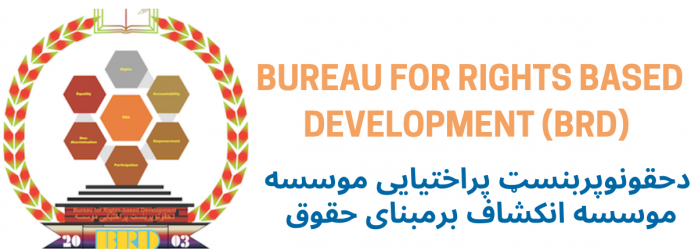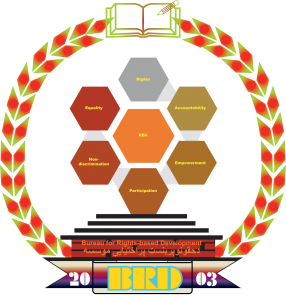Agenda 2030


On 1 January 2016, the 17 Sustainable Development Goals (SDGs) of the 2030 Agenda for Sustainable Development — adopted by world leaders in September 2015 at a historic UN Summit — officially came into force. Over the next fifteen years, with these new goals that universally apply to all, countries will mobilize efforts to end all forms of poverty, fight inequalities and tackle climate change, while ensuring that no one is left behind.
The SDGs, also known as Global Goals, build on the success of the Millennium Development Goals (MDGs) and aim to go further to end all forms of poverty. The new goals are unique in that they call for action by all countries, poor, rich and middle-income to promote prosperity while protecting the planet. They recognize that ending poverty must go together with strategies that build economic growth and address a range of social needs including education, health, social protection, and job opportunities, while tackling climate change and environmental protection.
The Government of the Islamic Republic of Afghanistan (GoIRA) has taken action to affirm its commitment to attaining the SDGs. GoIRA has designated the Ministry of Economy (MoEc) as the lead line ministry and focal point for the coordination, monitoring and reporting on Afghanistan Sustainable Development Goals (A-SDGs). The nationalization process is closely coordinated with the High Council of Ministers (HCM) to ensure the implementation of the A-SDGs, and stronger cooperation with the private sector, civil society and community organizations.
A-SDGs National Coordination Commission (NCC) has been established which will provide a high level platform for direct and sustained engagement between the various government stakeholders, the private sector actors, civil society organizations, NGOs, academia, youths and the international community, with the common purpose of attaining the A-SDGs.
- BRD and the MDGs & SDGs
- Millennium Development Goals (MDGs)
- All the programs and projects implemented by the BRD contribute toward achieving the MDGs in Afghanistan, specifically concerning the following goals;
- MDG 1 Eradicate Extreme Hunger
- MDG 2 Achieve Universal Primary Education
- MDG 3 Promote Gender Equality and Empower Women
- MDG 7 Ensure Environmental Sustainability
Sustainable Development Goals (SDGs)
BRD’s work directly contributes towards achieving the SDG in Afghanistan, specifically with the following SDGs and its targets:
| Goals 1. End poverty in all its forms everywhere Targets: (1, 2, 3, 4 and 5) |
|
| Goal 4. Ensure inclusive and quality education for all and promote lifelong learning Targets: (3, 4, 5, 6 and 7) |
|
| Goal 5. Achieve gender equality and empower all women and girls 5.5: Ensure women’s full and effective participation and equal opportunities for leadership at all levels of decision-making in political, economic and public life |
|
| Goal 10: Reduce inequality within and among countries 10.2: By 2030, empower and promote the social, economic and political inclusion of all, irrespective of age, sex, disability, race, ethnicity, origin, religion or economic or other status |
|
| Goal 13: Take urgent action to combat climate change and its impacts 13.3: Improve education, awareness-raising and human and institutional capacity on climate change mitigation, adaptation, impact reduction and early warning |
|
| Goal 16: Promote peaceful and inclusive societies for sustainable development, provide access to justice for all and build effective, accountable and inclusive institutions at all levels 16.5: Substantially reduce corruption and bribery in all their forms 16.6: Develop effective, accountable and transparent institutions at all levels 16.7: Ensure responsive, inclusive, participatory and representative decision-making at all levels 6.10: Ensure public access to information and protect fundamental freedoms, in accordance with national legislation and international agreements 16.b: Promote and enforce non-discriminatory laws and policies for sustainable development legislation and international agreements. |

